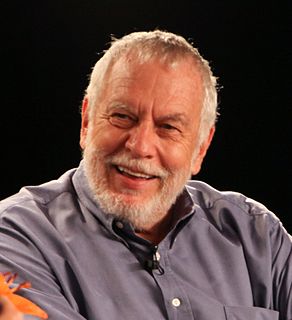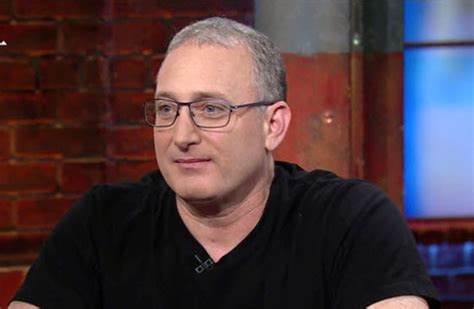A Quote by Marissa Mayer
Blackberry is a great product and really useful. But I think that Yahoo!'s future is going to be rooted in mobile apps. And we know that we need to have apps on some of the core platforms, and so iOS and Android, probably the two most important platforms for us.
Related Quotes
When I'm introspective about the last few years I think the biggest mistake that we made, as a company, is betting too much on HTML5 as opposed to native... because it just wasn't there. And it's not that HTML5 is bad. I'm actually, on long-term, really excited about it. One of the things that's interesting is we actually have more people on a daily basis using mobile Web Facebook than we have using our iOS or Android apps combined. So mobile Web is a big thing for us.
































